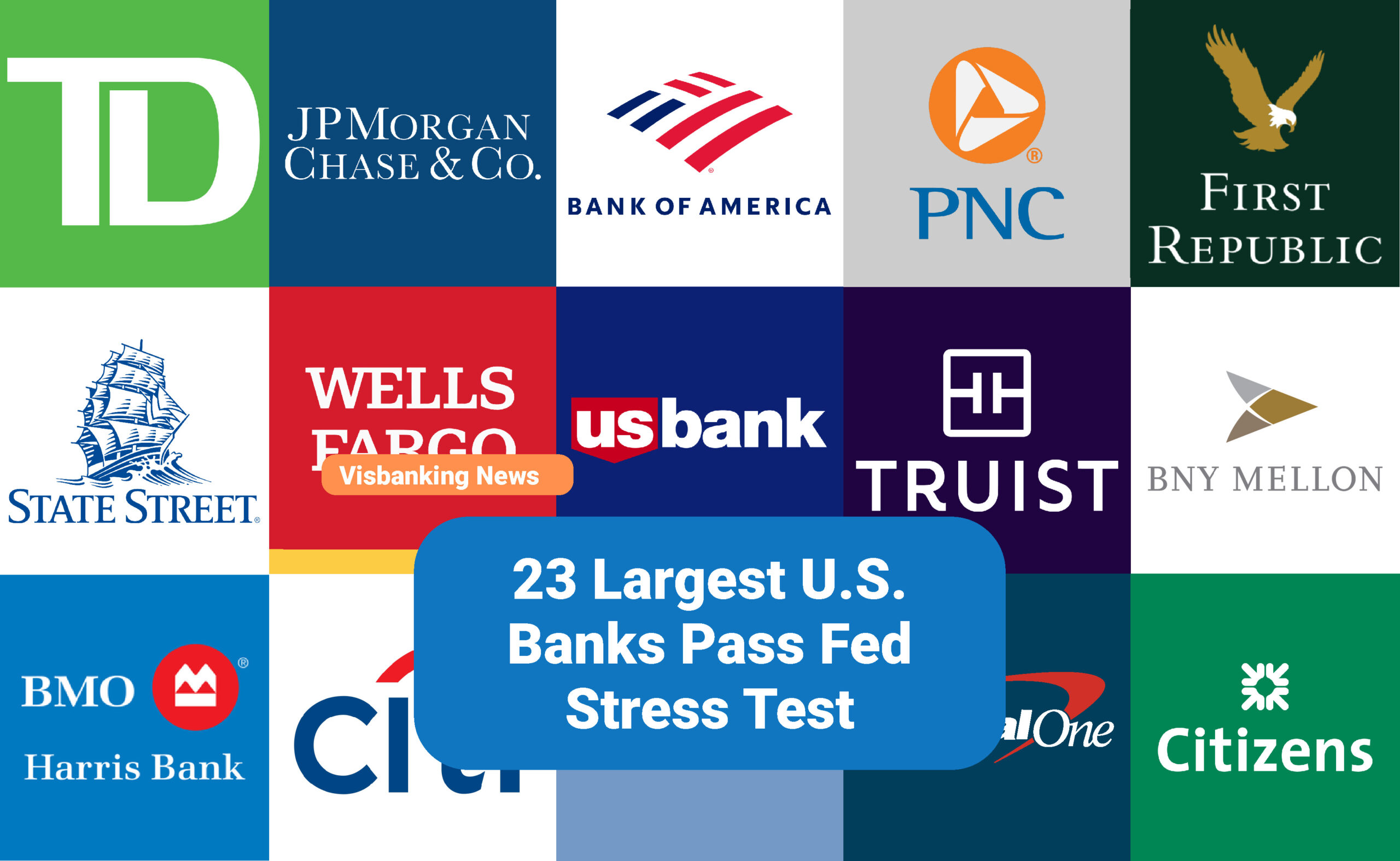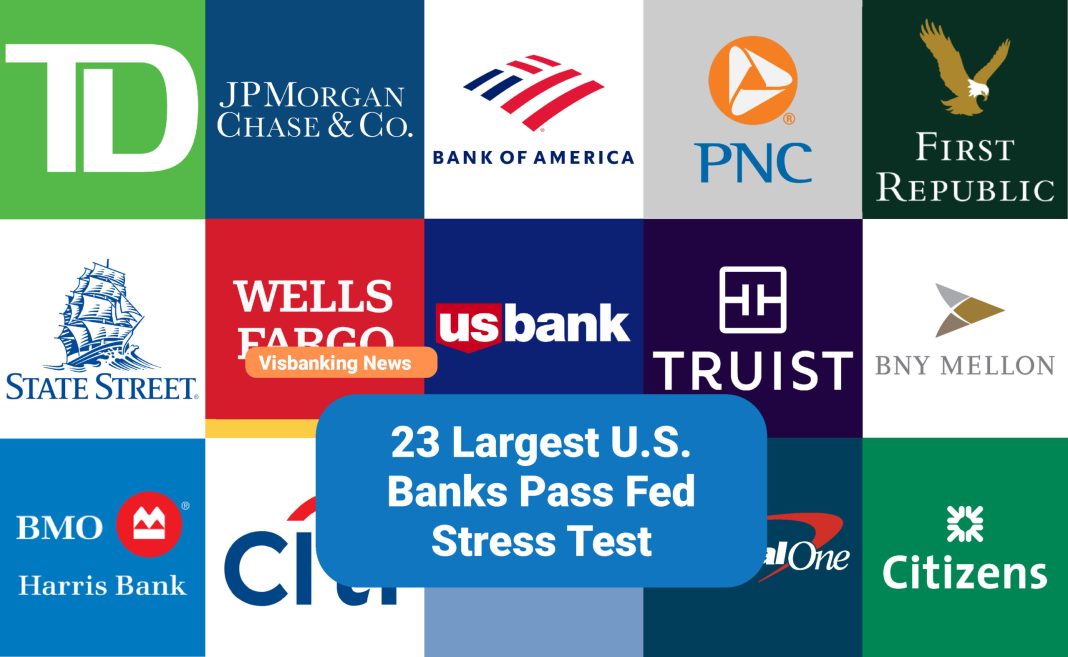 Federal Reserve Stress Test Results: U.S. Banks Prepared for Severe Recession
Federal Reserve Stress Test Results: U.S. Banks Prepared for Severe Recession
The Federal Reserve has announced that the largest banks in the United States have passed the annual stress test, indicating their ability to withstand a severe recession scenario while still being able to lend to consumers and corporations. All 31 banks involved in the regulatory exercise were able to absorb losses and maintain capital levels above the minimum requirements.
The stress test assumed a scenario in which unemployment surged to 10%, commercial real estate values plummeted by 40%, and housing prices fell by 36%. Despite these challenging conditions, the banks demonstrated their resilience by withstanding nearly $685 billion in hypothetical losses while still maintaining adequate capital.
Michael Barr, the Federal Reserve’s Vice Chair for Supervision, highlighted the positive outcome of the stress test: “This year’s results show that under our stress scenario, large banks would take nearly $685 billion in total hypothetical losses, yet still have considerably more capital than their minimum common equity requirements. This is good news and underscores the usefulness of the extra capital that banks have built in recent years.”
The stress test is an important annual exercise that ensures banks maintain sufficient buffers for potential bad loans. It also determines the size of share repurchases and dividends they can undertake. This year’s test included major players such as JPMorgan Chase, Goldman Sachs, American Express, and Truist.
While no bank encountered significant challenges during this year’s stress test, the aggregate capital levels of the group did experience a decline of 2.8 percentage points compared to last year. This decline can be attributed to increased exposure to consumer credit card loans and downgraded corporate bonds. Additionally, lending margins have been squeezed compared to the previous year.
Barr acknowledged these areas of concern: “While banks are well-positioned to withstand the specific hypothetical recession we tested them against, the stress test also confirmed that there are some areas to watch. The financial system and its risks are always evolving, and we learned in the Great Recession the cost of failing to acknowledge shifting risks.”
In addition to the stress test, the Federal Reserve conducted an exploratory analysis that focused on funding stresses and trading meltdowns. This analysis applied to only the eight largest banks. Despite a sudden surge in the cost of deposits combined with a recession, the companies involved were able to avoid disaster. In a scenario where five large hedge funds implode, the big banks would experience losses ranging from $70 billion to $85 billion.
The Fed’s assessment indicated that while these banks have exposure to hedge funds, they can withstand various shocks in their trading books.
Moving forward, these banks will begin announcing their latest share repurchase plans on Friday, providing further insights into their strategies and outlook.
In conclusion, the Federal Reserve’s stress test results provide reassurance that U.S. banks are prepared for a severe recession scenario. The extra capital built up in recent years has proven to be valuable in maintaining their ability to lend. However, the decline in aggregate capital levels and areas of concern such as increased exposure to consumer credit card loans and downgraded corporate bonds highlight the need for ongoing vigilance in monitoring evolving risks within the financial system.


